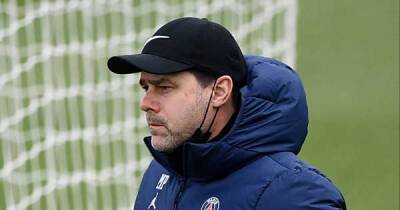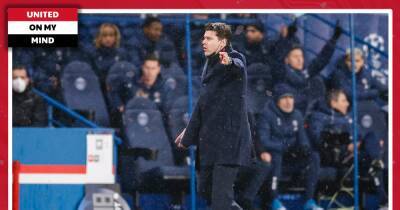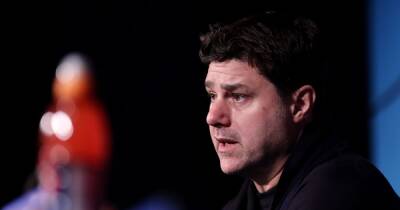Next stop Manchester United? How Mauricio Pochettino first became manager target at Southampton
As Manchester United continue to monitor candidates from across Europe to assume their head coach role at the end of the season, the club have to keep chasing positive results in the Premier League.
The Red Devils are scheduled to face Southampton this weekend, who were responsible for bringing Mauricio Pochettino to English shores in January 2013.
Now tipped as one of the favourites for the role in the summer, Pochettino is currently in charge of Paris Saint-Germain in Ligue 1. His reputation as a coach has grown considerably since his early days at St. Mary's, but the plan was always to get noticed by bigger clubs.
When the Saints initially hired Pochettino, it was quite a shock for the Premier League. Nigel Adkins was at the helm before him and the Englishman seemed to be doing a respectable job, but the club's sporting director - Nicola Cortese - wanted new ideas.
"We came to reinvent things," said Pochettino, who installed a game that was radical and modern at the time compared to other playing styles in the division.
Having spent many years as a player under Marcelo Bielsa - who is now in charge of Leeds United - the Argentine wanted to adopt a number of his key principles, specifically relating to pressing and intensity.
Pochettino was a defender as a player but nevertheless, he wanted his team to behave in an offensive manner with and without the ball.
His approach was relatively new for English football at the time. Premier League defending did not incorporate aggressive closing down in the final third and high defensive lines. It was instead about soaking pressure and remaining as part of a sturdy block.
Historically, teams closer to the bottom half of the table fought for survival by sitting deep, hitting






